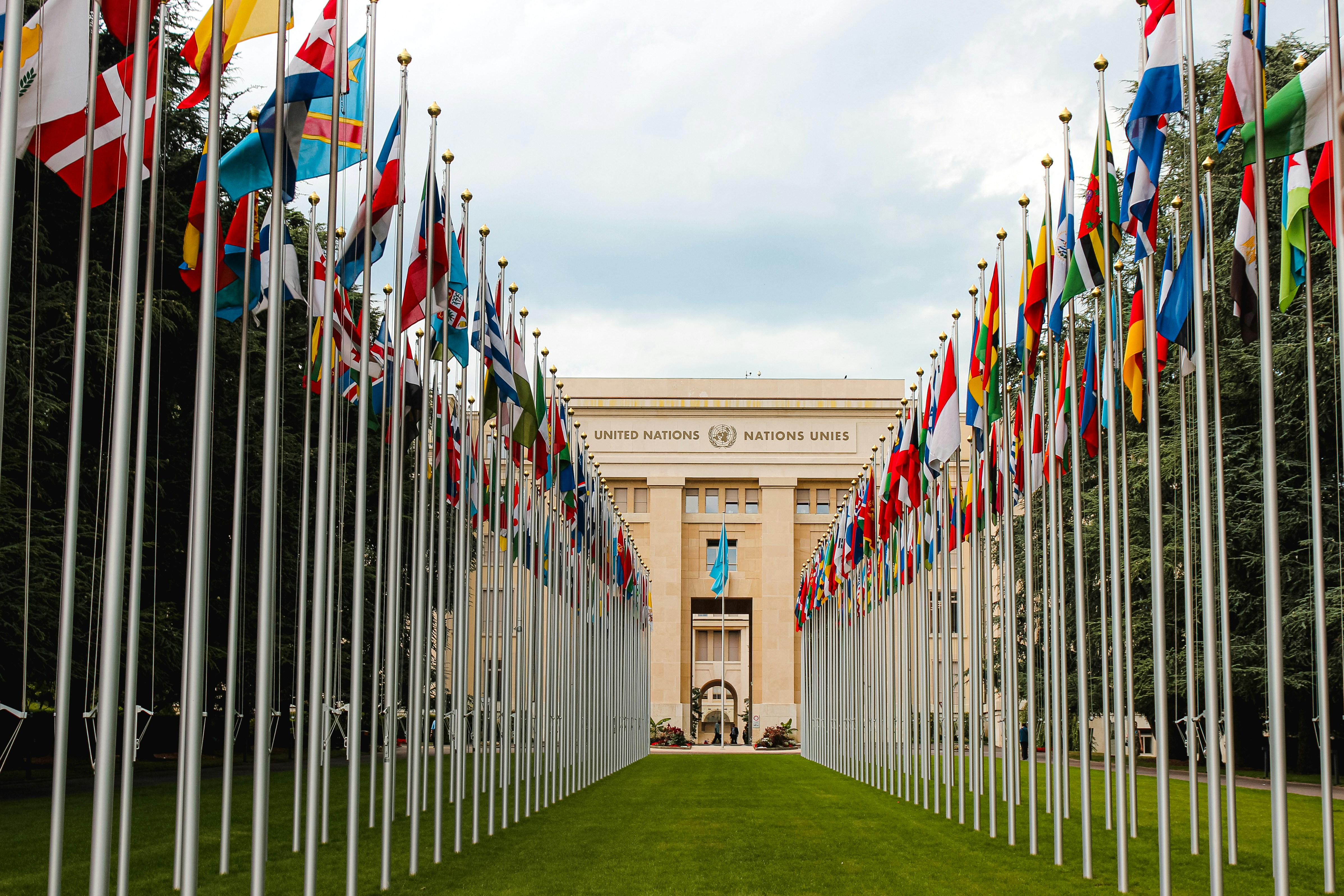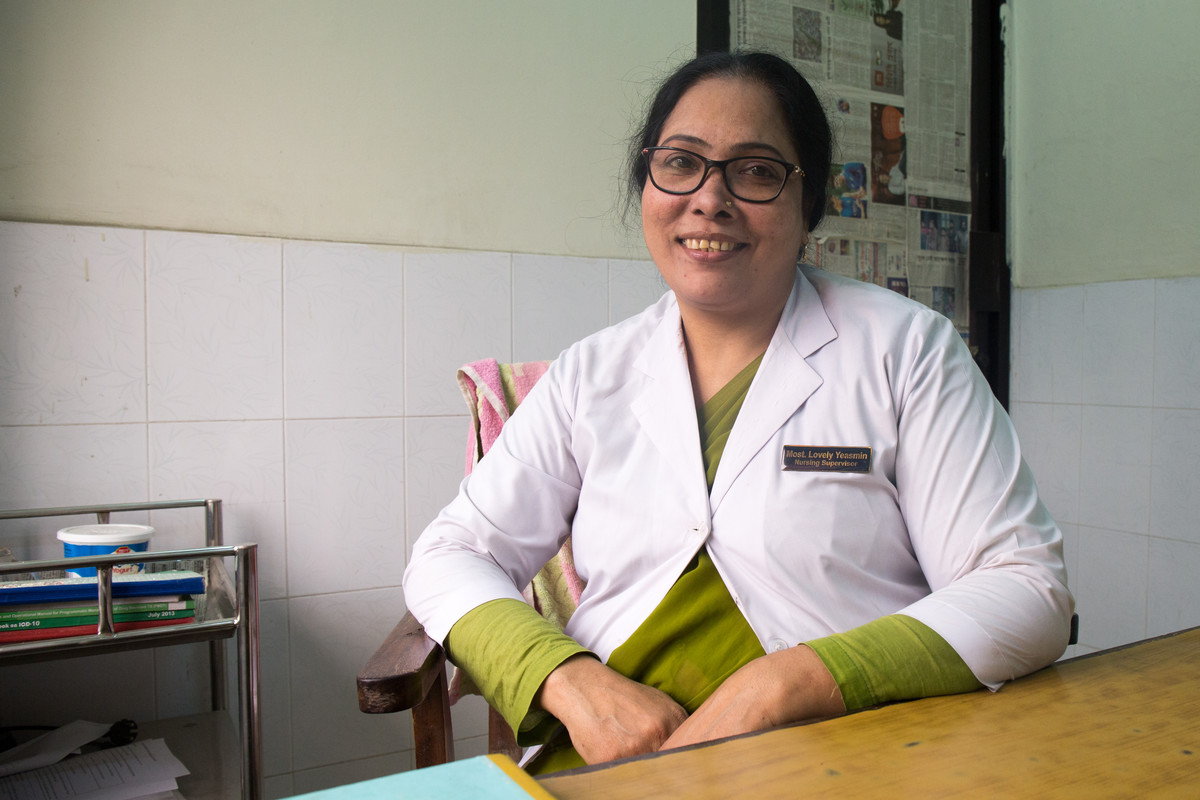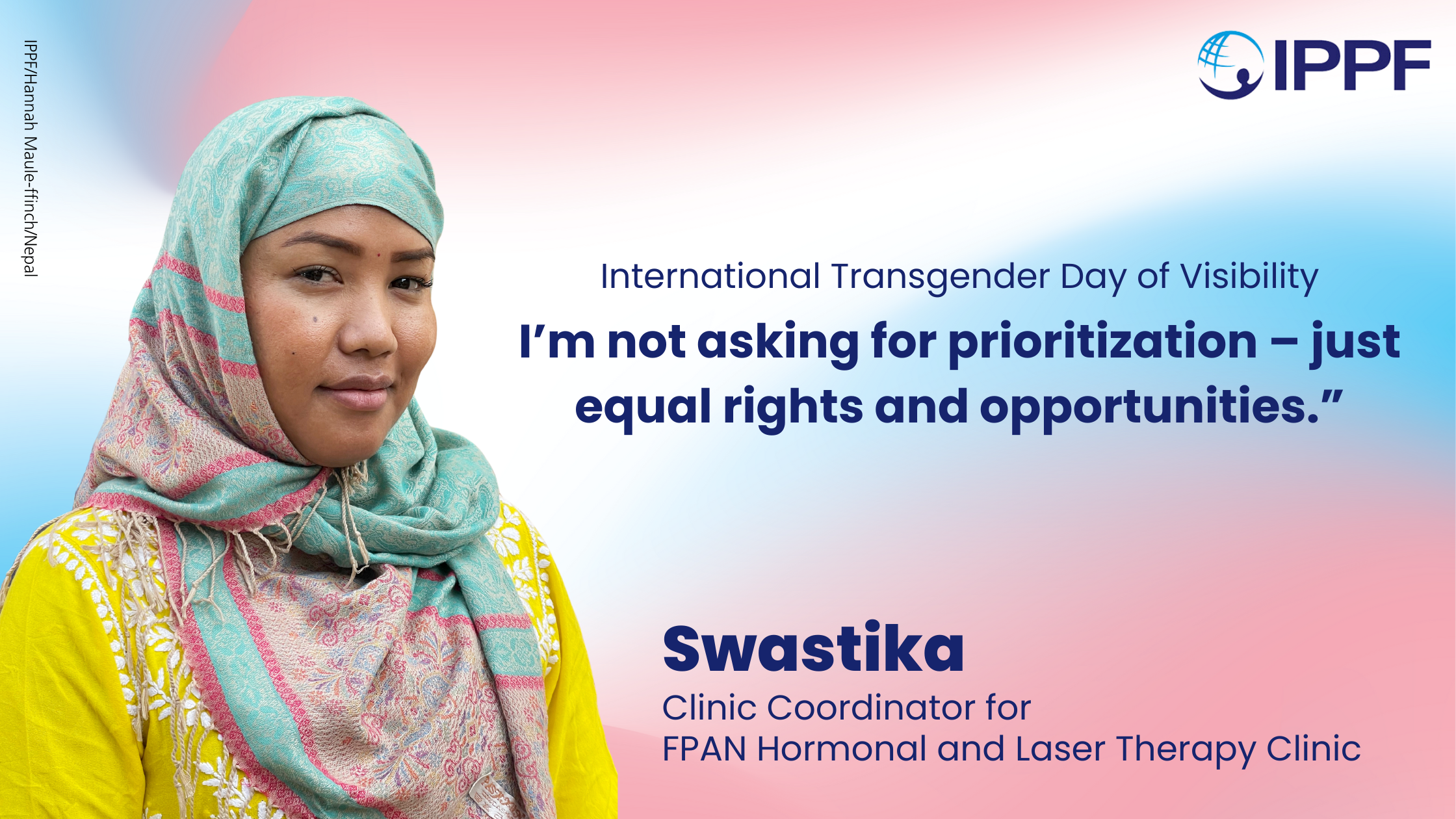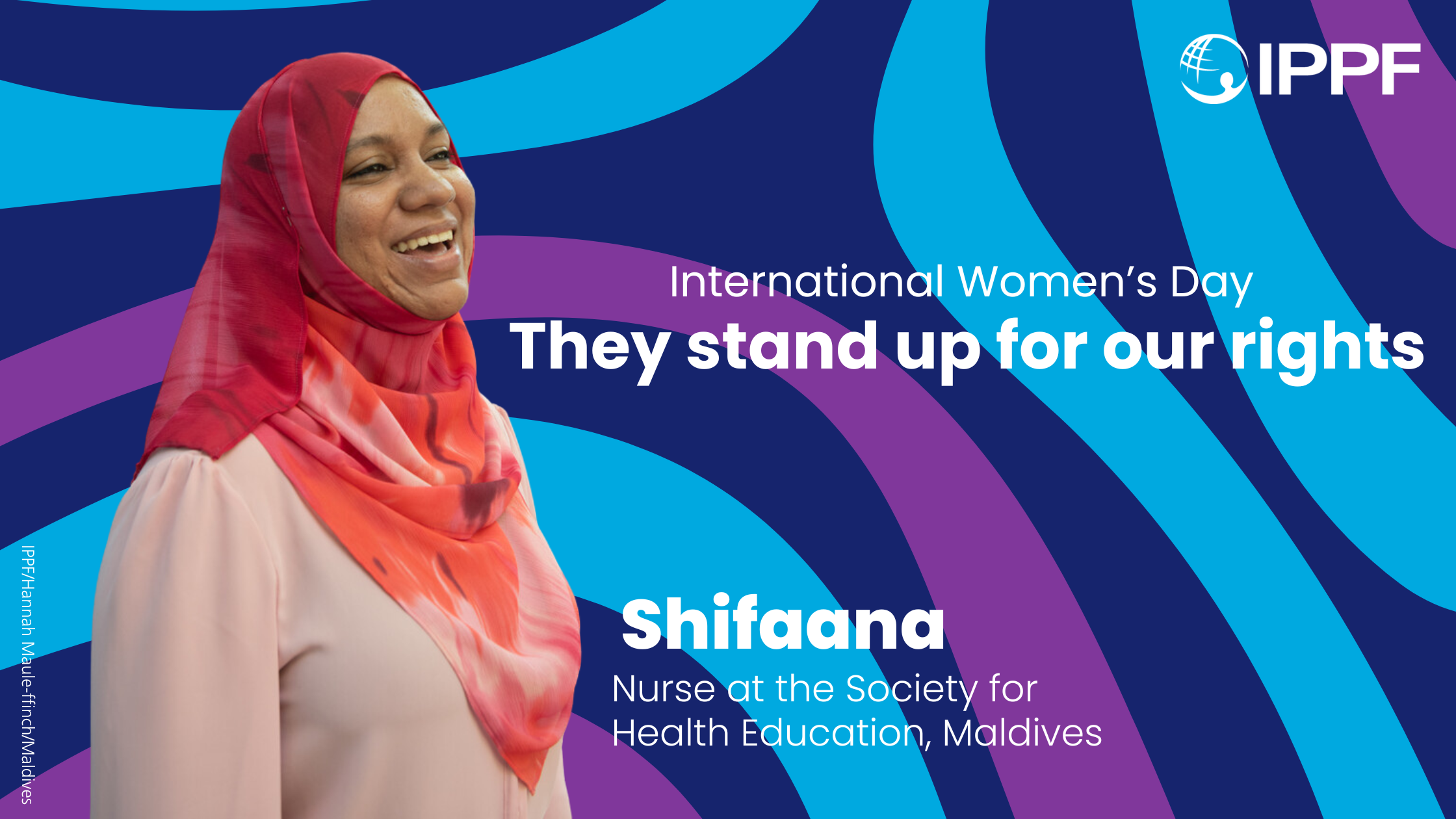
Latest Blogs
A selection of blogs from across the Federation

Blog
Multilateral diplomacy only as powerful as the voices who push for peace
On this International Day for Multilateralism and Diplomacy for Peace, let's recommit ourselves to championing the rights and dignity of women and girls in conflict zones.

08 February 2018
In Bangladesh menstrual regulation, the method of establishing non-pregnancy for a woman at risk of unintended pregnancy, has been a part of the country’s family planning program since 1979 and is allowed up to 10–12 weeks after a woman’s last menstrual period.
















